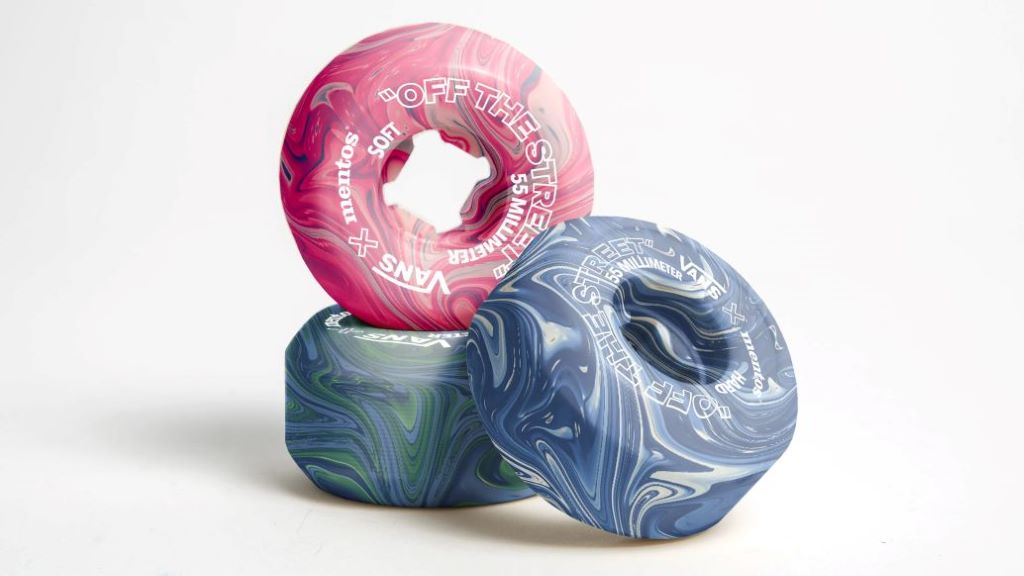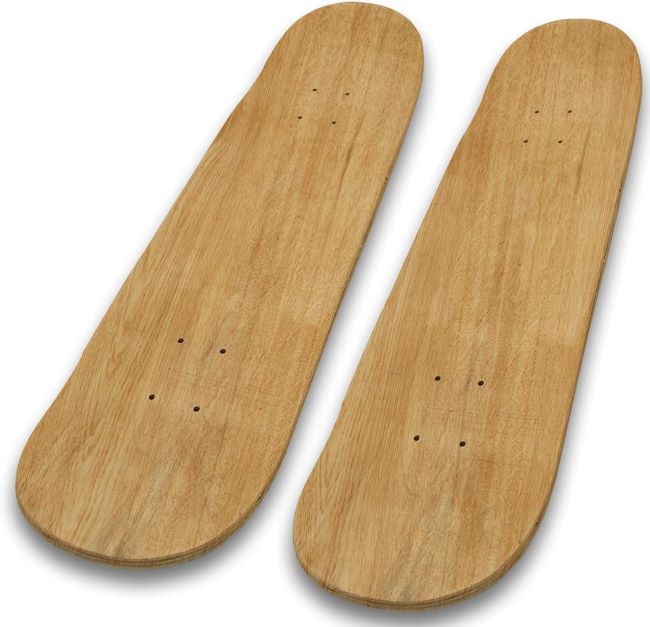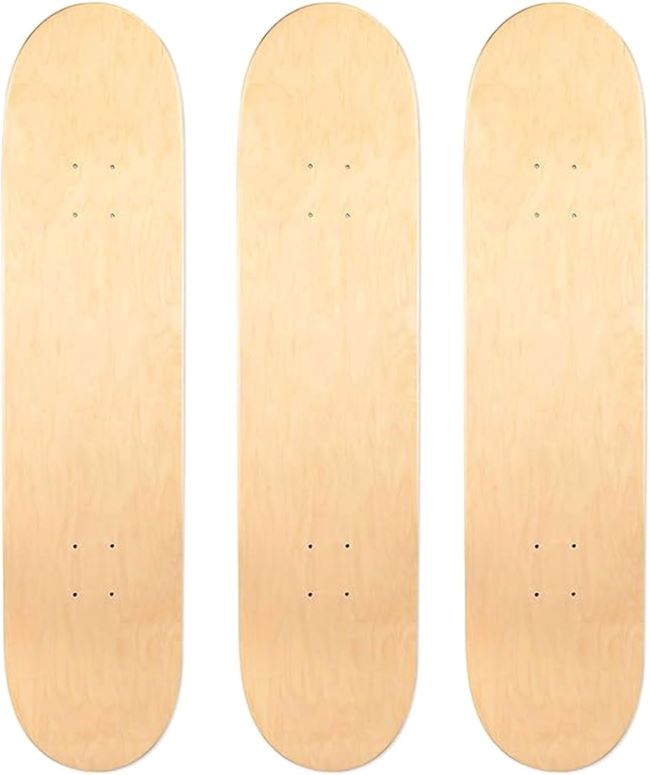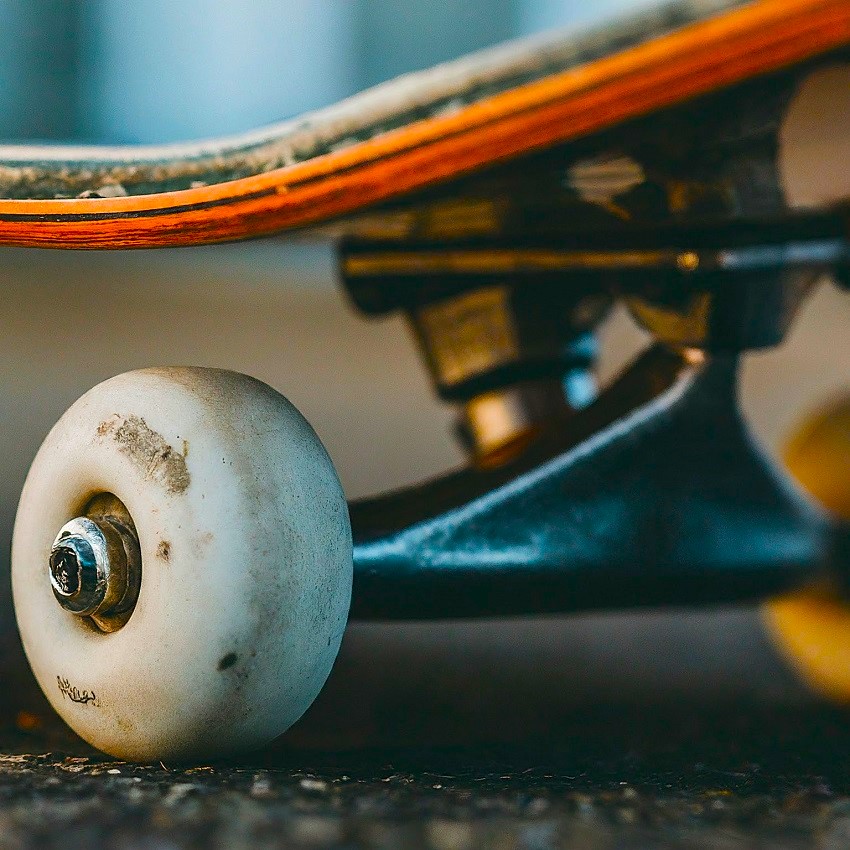Skateboarding, with its roots in counterculture and individual expression, has evolved into a global phenomenon embraced by millions. As the sport grows, so does the responsibility of skaters and manufacturers to minimize their environmental impact. One area ripe for eco-conscious innovation is skateboard wheels. But are there truly sustainable or biodegradable options available? Let’s roll into this exploration.
The Traditional Skateboard Wheels: A Problem of Plastics and Petroleum
Traditional skateboard wheels primarily consist of polyurethane, a versatile plastic known for its durability and performance. However, polyurethane is derived from petroleum, a non-renewable resource, and its production contributes to greenhouse gas emissions. Additionally, the vast majority of skateboard wheels are not biodegradable, meaning they can persist in landfills for centuries.
The Rise of Eco-Conscious Alternatives
Fortunately, the skateboard industry is not oblivious to these environmental concerns. Several companies have emerged, championing sustainable materials and manufacturing processes for skateboard wheels. These alternatives often incorporate recycled or bio-based materials, reducing the demand for virgin plastics and fossil fuels.
- Recycled Polyurethane: Some manufacturers collect and repurpose pre-consumer or post-consumer polyurethane waste to create new wheels. This approach conserves resources and diverts waste from landfills. However, the recycling process itself can be energy-intensive, and the resulting wheels may not be as durable as their virgin counterparts.
- Bio-Based Polyurethane: A more promising avenue involves replacing a portion of the petroleum-based polyols in polyurethane with plant-derived alternatives, such as soybean oil or castor oil. These bio-based polyurethanes can reduce the overall carbon footprint of the wheel and may be more readily biodegradable under certain conditions.
- Natural Rubber: A few companies have experimented with natural rubber, a renewable resource derived from the sap of rubber trees. Natural rubber wheels offer a unique ride feel and can be more sustainable than polyurethane if sourced responsibly. However, their durability and performance may not match those of synthetic materials.
- Other Bio-Based Materials: The world of bioplastics is constantly evolving, and researchers are exploring various materials for skateboard wheels. These include cornstarch-based plastics, algae-based polymers, and even mycelium, the vegetative part of fungi. While still in the experimental stage, these materials hold the potential to revolutionize the skateboard wheel industry.
Challenges and Considerations For Skateboard Wheels
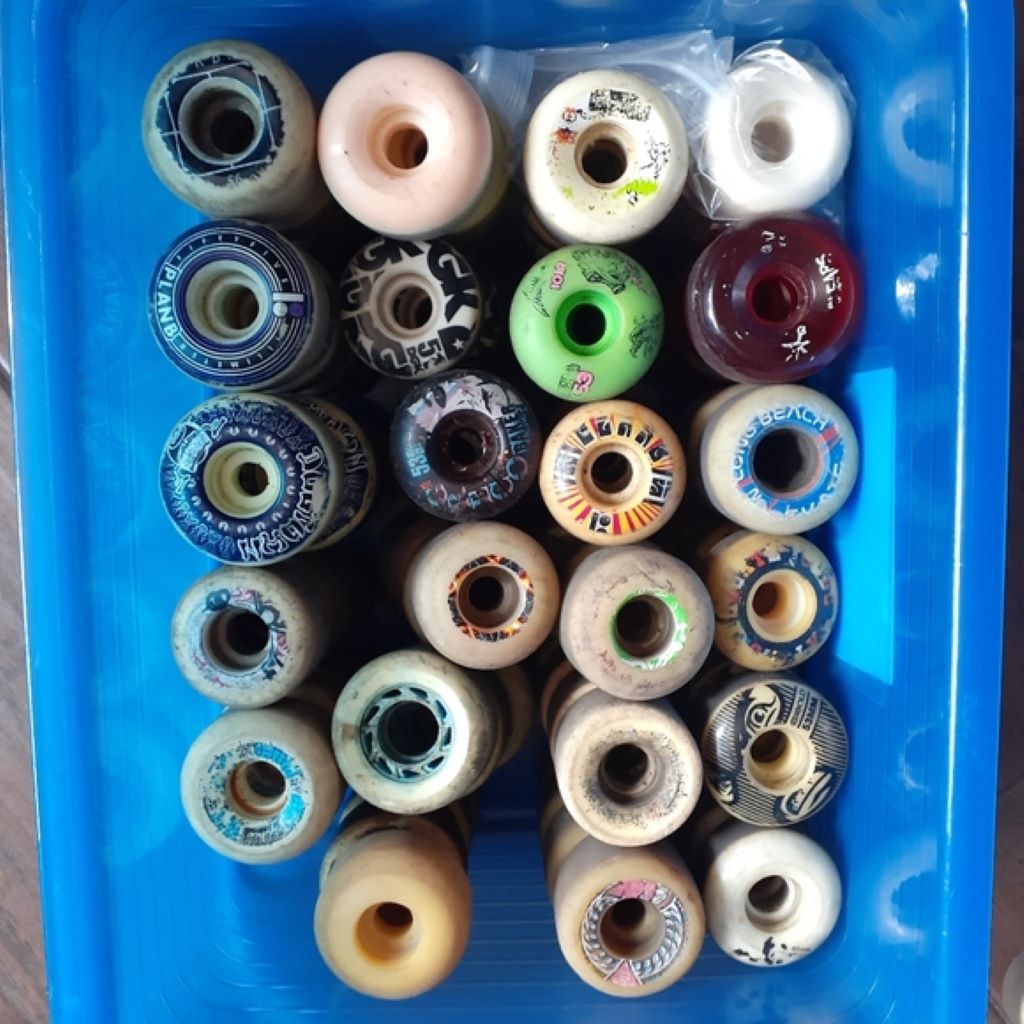
While the development of sustainable skateboard wheels is undoubtedly a step in the right direction, several challenges remain. Firstly, these alternative materials often come with a higher price tag, making them less accessible to some skaters. Secondly, their performance and durability may not always meet the expectations of skaters accustomed to traditional polyurethane wheels.
Furthermore, the “biodegradable” label can be misleading. While some bio-based materials can break down under specific conditions, such as industrial composting facilities, most will not readily degrade in landfills or the natural environment. Therefore, it’s important to consider the end-of-life options for these wheels and ensure they are properly disposed of or recycled.
Related: Taking Your Skateboard Off-Road: Choosing the Right Wheels for Your Adventure
The Role of Skaters and Manufacturers of Skateboard Wheels
As consumers, skaters can drive the demand for sustainable skateboard wheels by supporting brands that prioritize eco-conscious practices. They can also extend the lifespan of their wheels through proper maintenance and repair, reducing the need for frequent replacements.
Manufacturers, on the other hand, can invest in research and development to improve the performance and affordability of sustainable materials. They can also adopt circular economy principles, such as take-back programs, to ensure that their products are recycled or repurposed at the end of their life.
Related: Repairing vs. Replacing Skateboard Trucks: Reducing Waste
The Future of Eco-Conscious Skating
The quest for sustainable skateboard wheels is an ongoing journey, but the progress made so far is encouraging. As technology advances and consumer awareness grows, we can expect to see even more innovative and eco-friendly options hitting the market.
The future of eco-conscious skating lies not only in sustainable materials but also in a holistic approach that considers the entire lifecycle of skateboard products. This includes responsible sourcing, manufacturing, distribution, use, and end-of-life management. By working together, skaters and manufacturers can create a more sustainable future for this beloved sport.
Conclusion
So, are there truly sustainable or biodegradable skateboard wheels? The answer is yes but with caveats. While promising alternatives exist, they are not without their challenges and limitations. The journey towards eco-conscious skating is a collective effort that requires the participation of skaters, manufacturers, and the broader skateboarding community.

